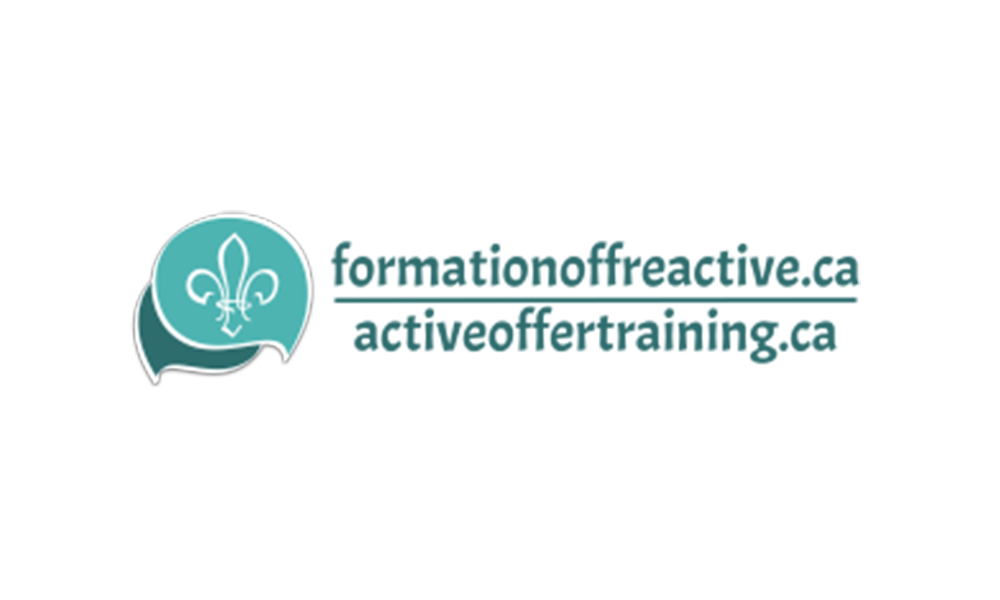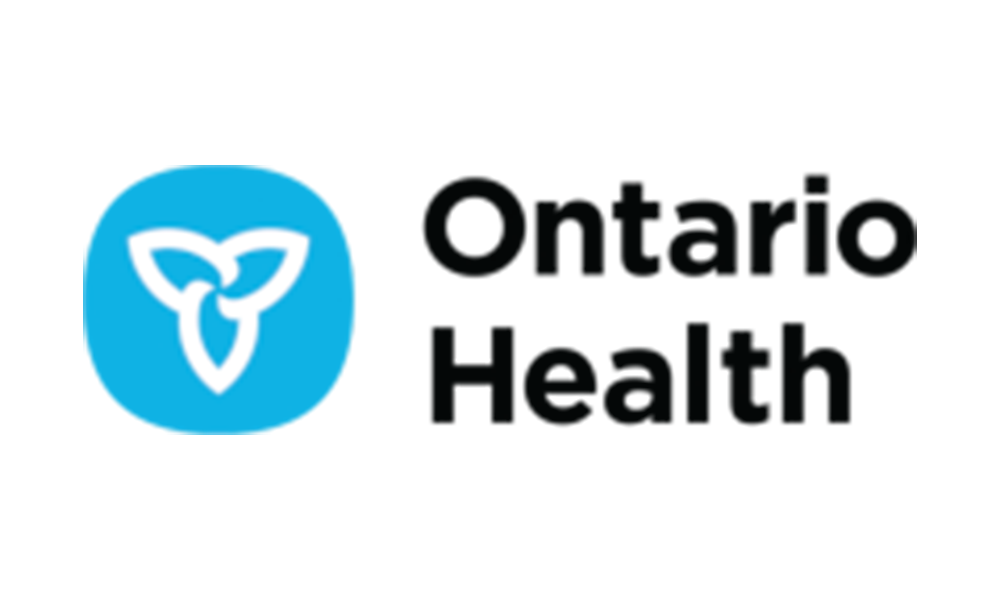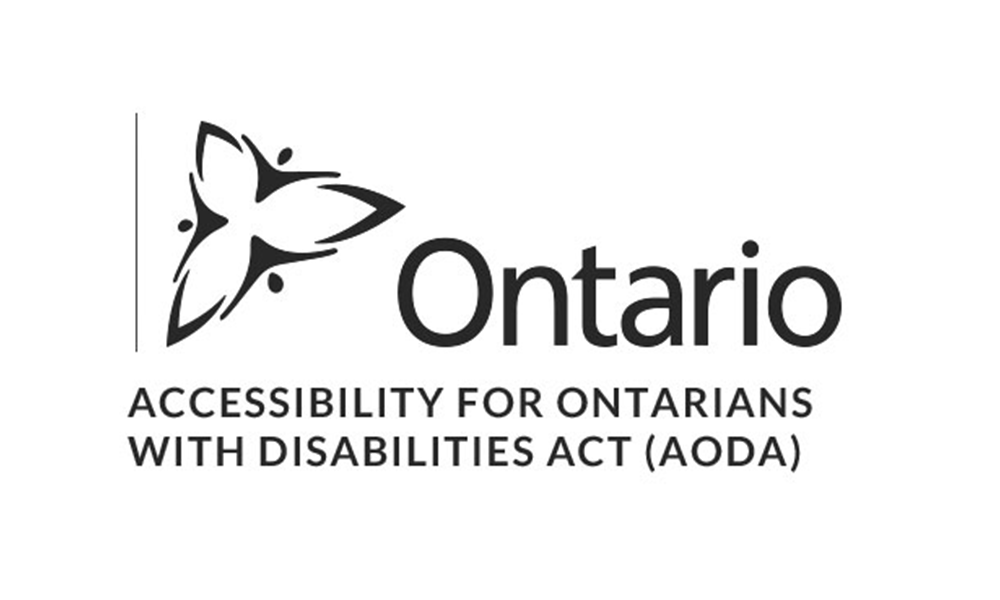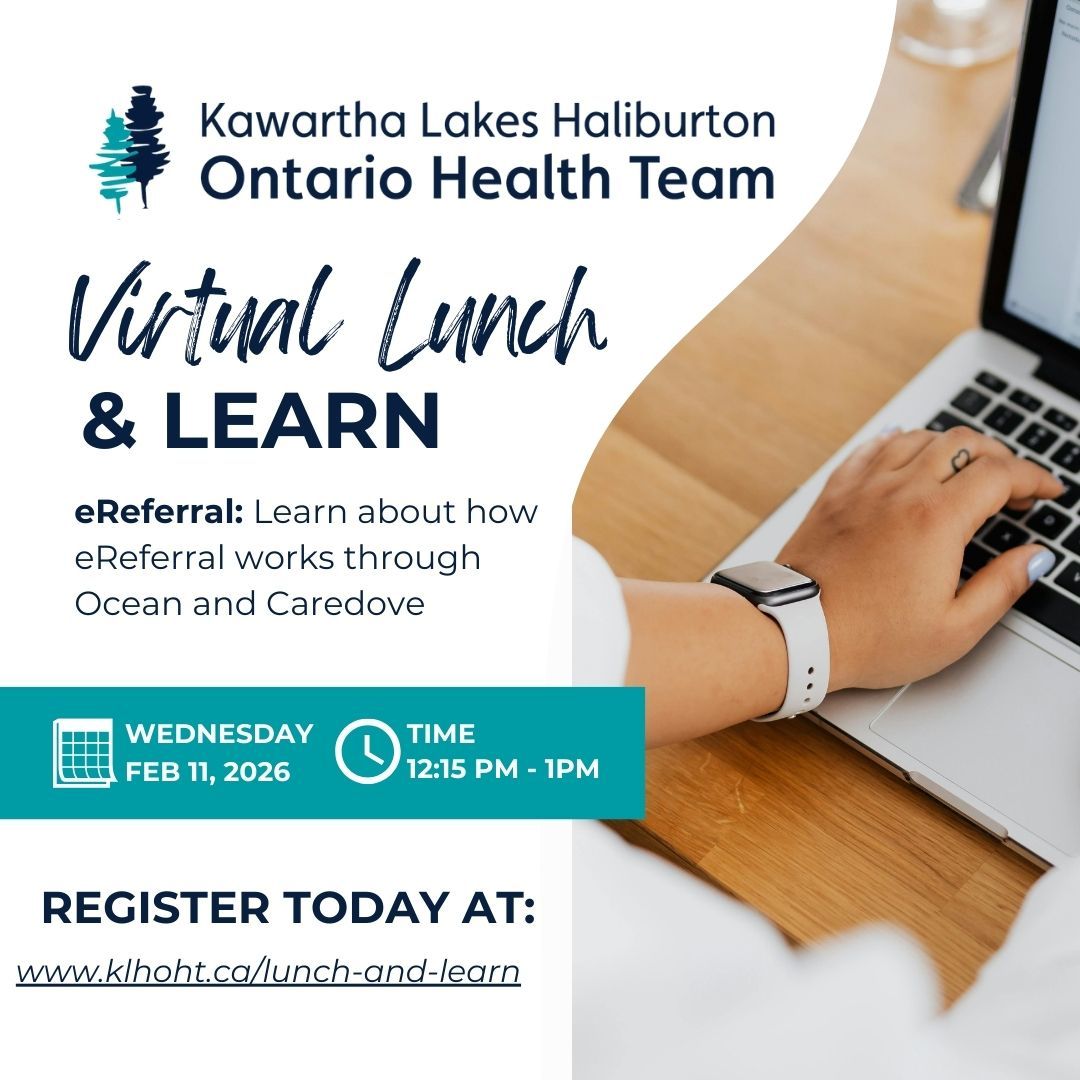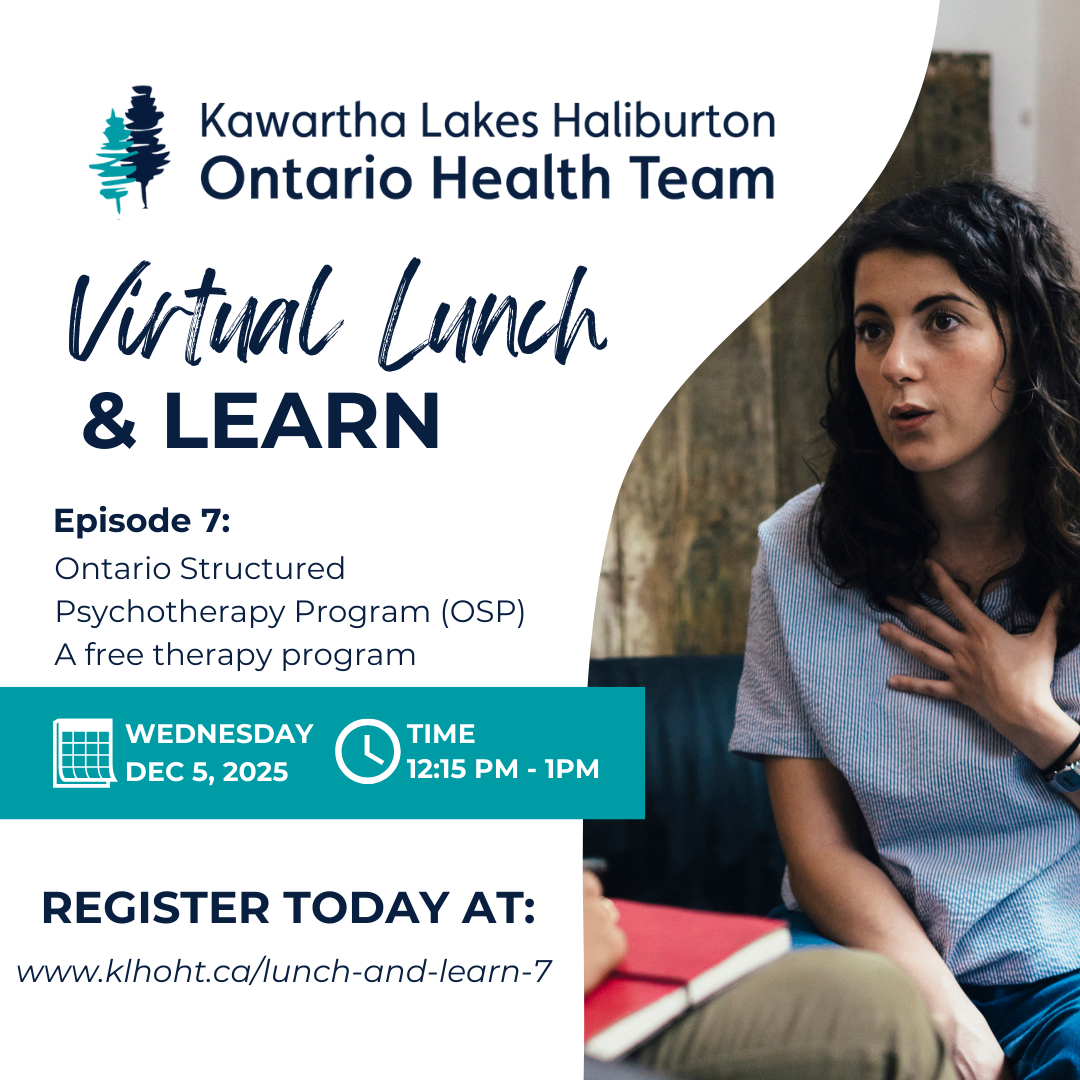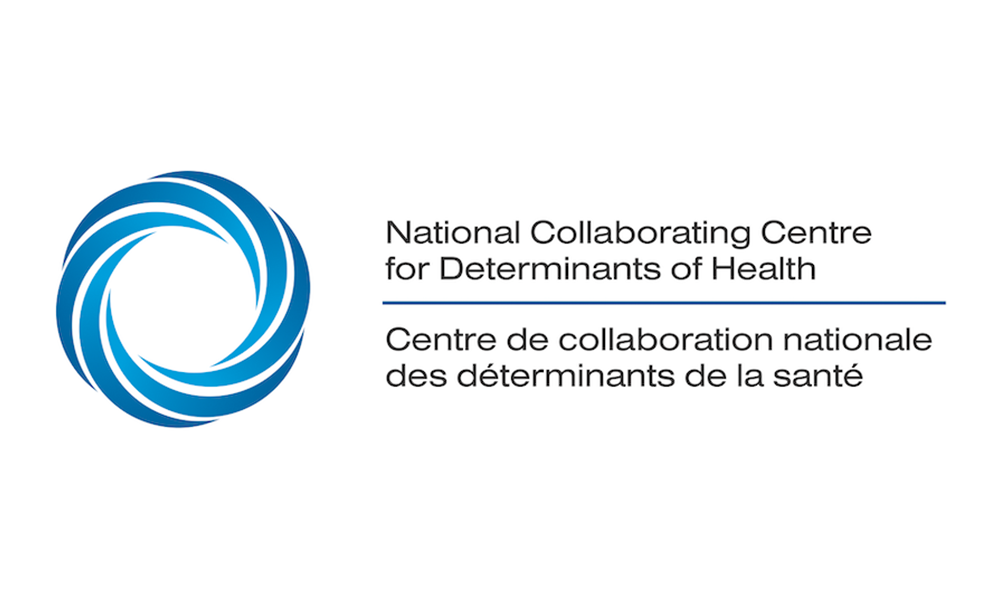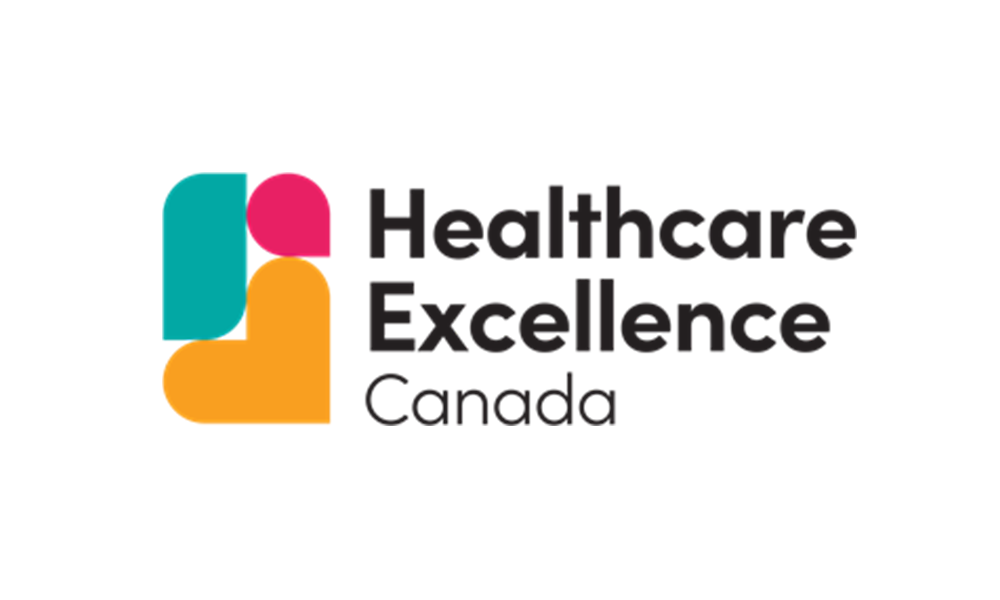Member Spotlight: City of Kawartha Lakes
The City of Kawartha Lakes is a lead partner in the Kawartha Lakes Ontario Health Team. Through the commitment of Council, your local government supports the provincial government in its responsibility to deliver quality health care to residents.
How is the City of Kawartha Lakes improving the patient experience in our community?
1. A quarter of all residents are over the age of 65. To support seniors as they age and develop more complex health needs, Kawartha Lakes Paramedics launched the Community Paramedicine program in 2019. Beginning with one Paramedic in 2019, today there are four full time Community Paramedics and plans are in place to increase that number to eight within two years. The program is funded entirely by the Province and operated by Kawartha Lakes Paramedic Service. The program is based out of the former Oakwood Fire Station and services all of Kawartha Lakes. Sara Johnston, Paramedics Chief, commented, “This program is unique because it allows us to wrap services around the patient. As of November 2022, we’re currently serving an average of 225 patients a week, from Coboconk to Omemee and all points throughout the municipality. We work closely with partners in primary care, home care and Community Care to provide a safety net for patients.”
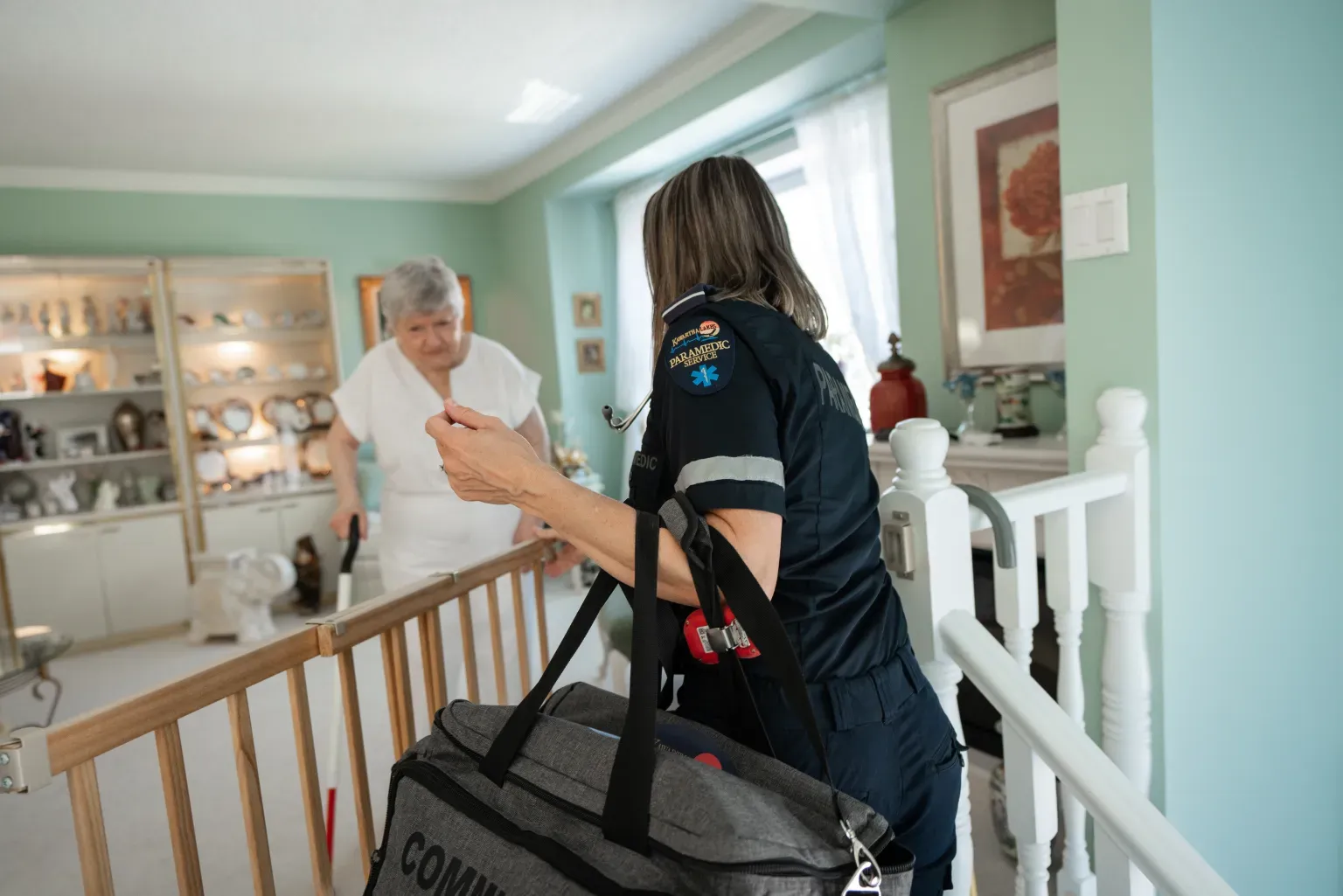
Marie McAuley, a patient of the Community Paramedic program, shares her story of being cared for by Community Paramedic Julie Milne:
“I’m 90 years old, am legally blind and live alone. When Julie started checking on me, she discovered that I have a heart condition. She saved my life. I haven’t had a hospital visit in two years. Julie helped me to learn how to monitor myself and the report goes in automatically. If there’s anything irregular, she gets an alert and will call me to see how I’m feeling. When she comes each week, it’s a real bright spot. It saves me going to the doctor, it saves a hospital visit and it makes me feel safe.”
Watch a video of Marie sharing her experience with the Community Paramedic program.
2. Everyone deserves to have a family doctor. As one of the major partners of the Kawartha Lakes Health Care Initiative (KLHCI), the municipality of Kawartha Lakes continues to support recruitment and retention programs for family doctors.
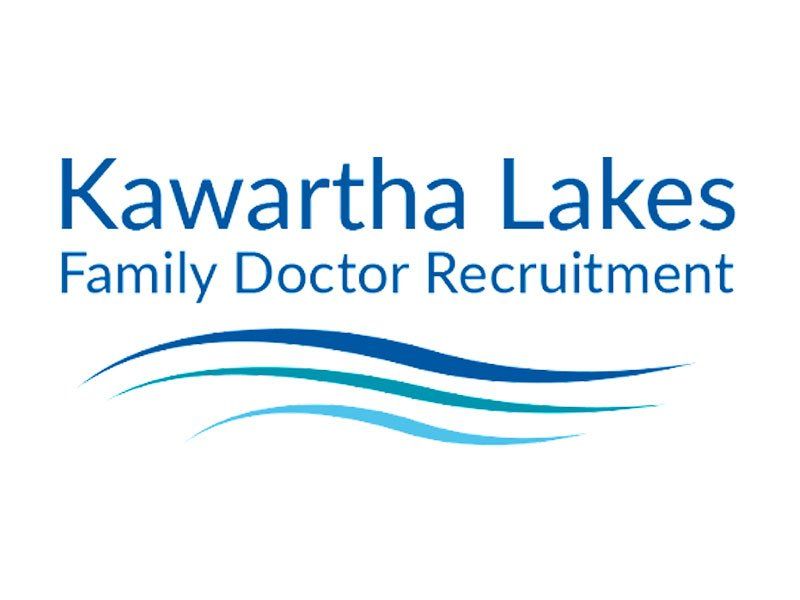
Since the pandemic began, KLHCI has recruited three family doctors and are working with a number of potential recruits. They are supporting physicians to receive ‘hands on’ orthopedic training at the Ross Memorial Hospital, a valued training session that benefits doctors and patients. Learn more at www.kawarthalakesdoctors.org
Our Member Spotlight series introduces the member organizations that have partnered with the Kawartha Lakes Ontario Health team to improve the local healthcare system for our community.
This month we hear from City of Kawartha Lakes about how their priorities align with the KL-OHT vision of providing a seamless health system for the people we serve.
Share this Post
More News

